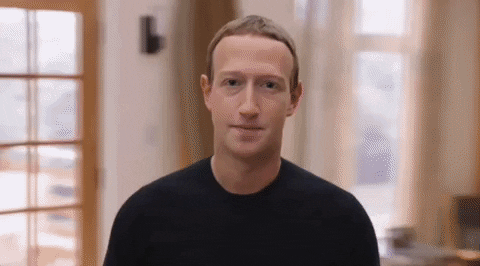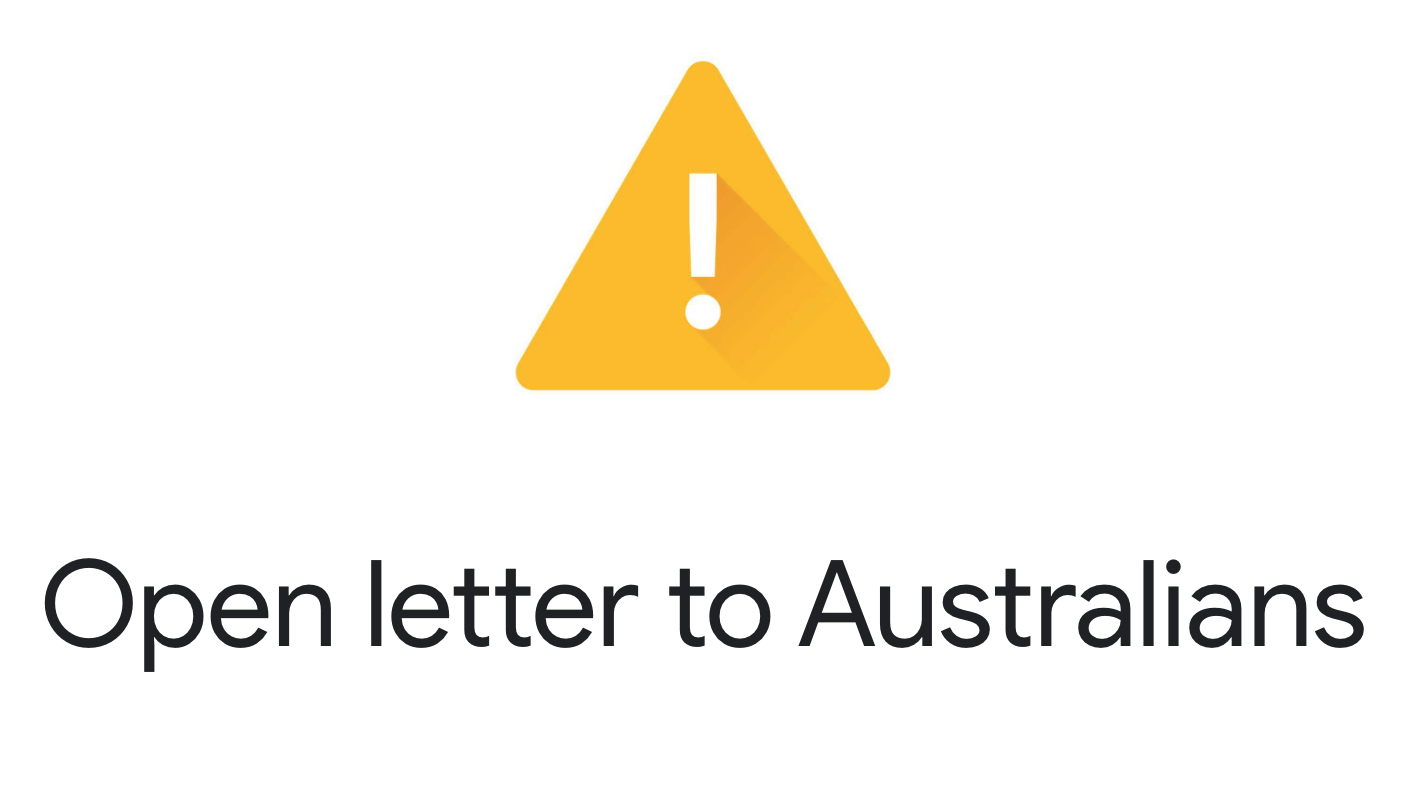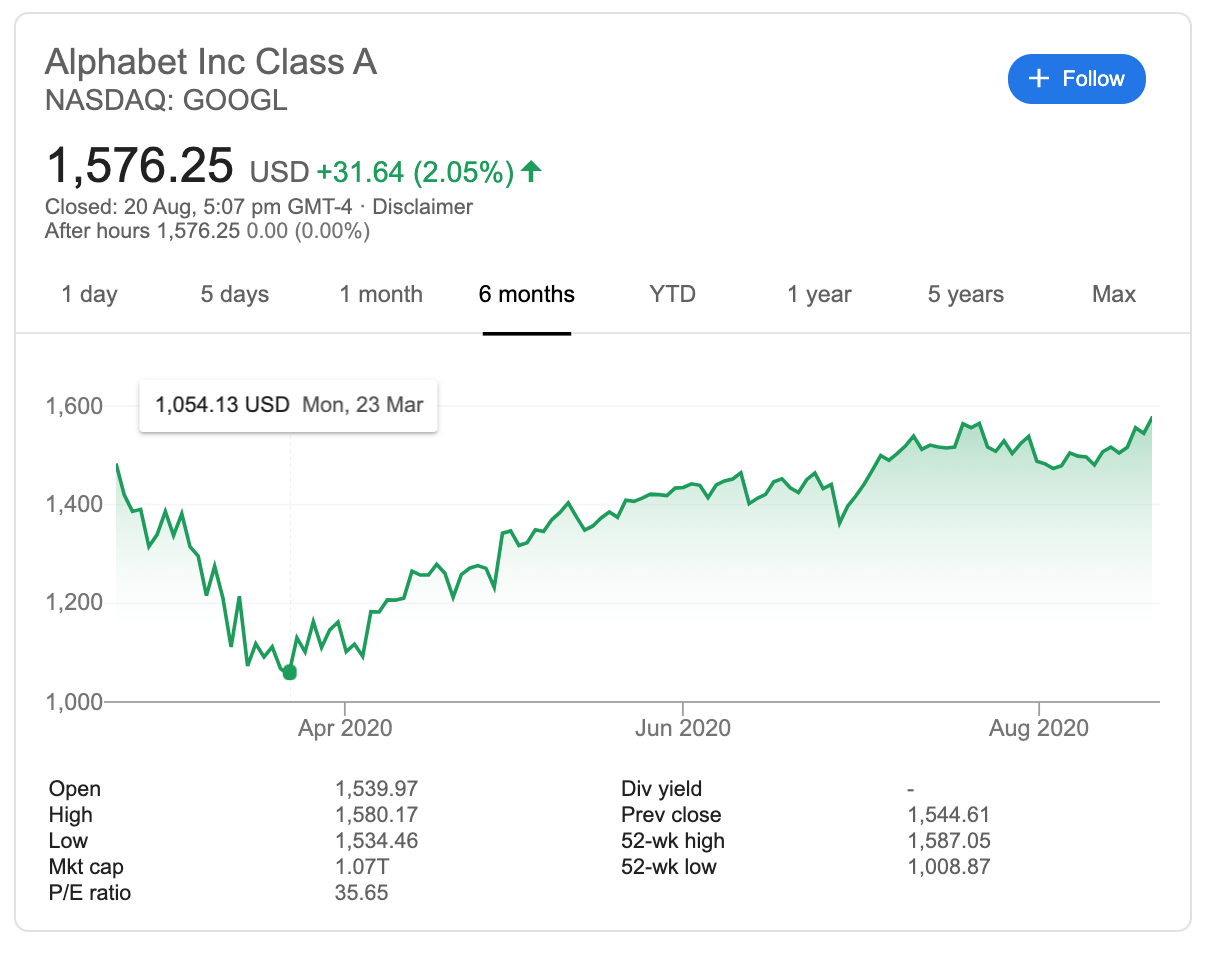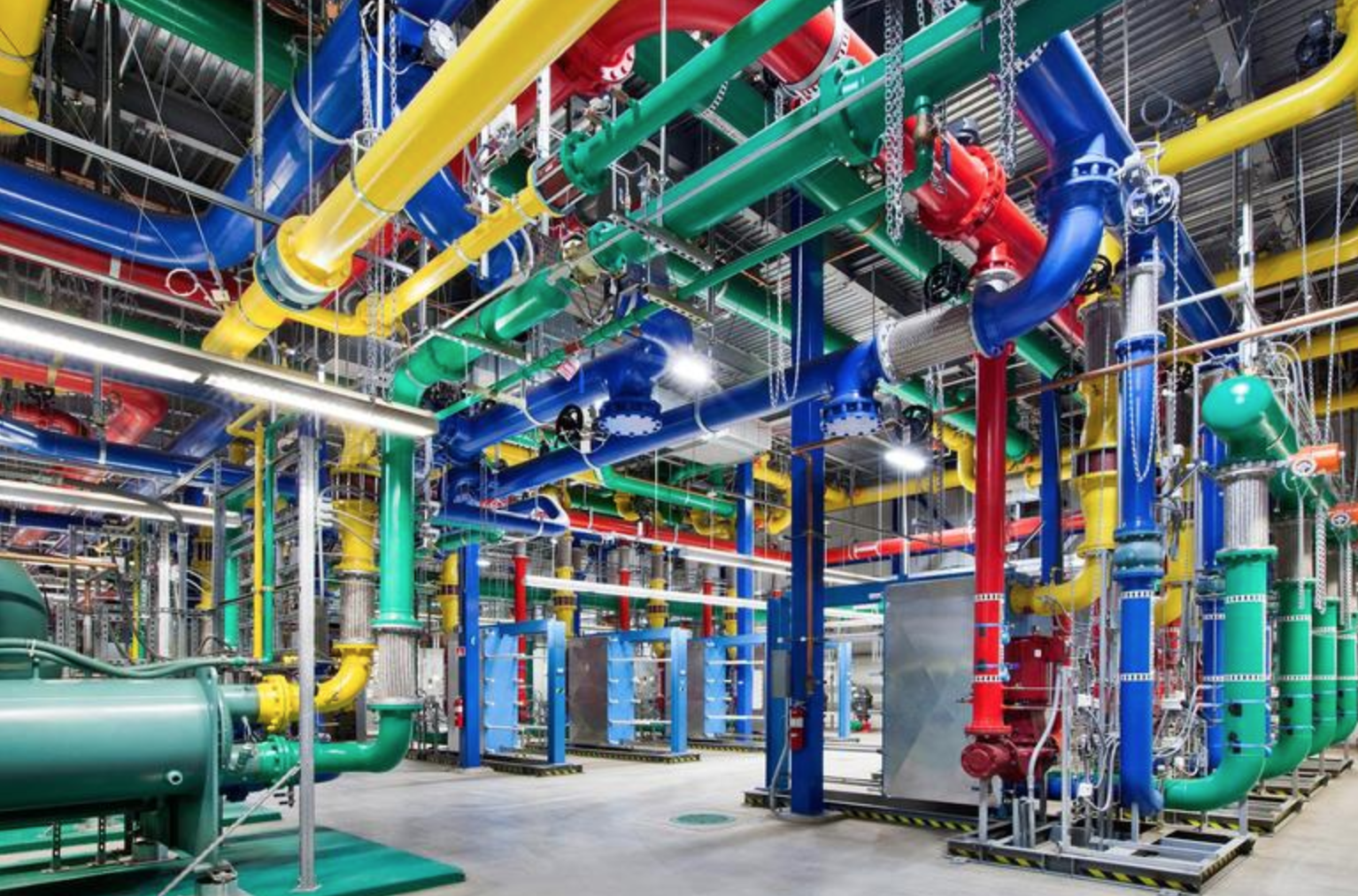It’s been a bumpy start to the year for Mark Zuckerberg who lost a lazy $30b since ‘Meta’ tanked on the stock market .
I don’t think it is a stretch to say we are past “Peak Facebook”.
So far, the share price decline has been stubborn. Meta no longer has the most downloaded social media application (that crown goes to TikTok) and its abilities in laser-sharp micro-targeting have been curtailed by Apple’s recent privacy shifts. For the first time in its history, Facebook (Meta) has lost users. Since its peak market capitalisation of over $US1 trillion, Meta has lost almost 45 per cent of its market value and is now valued at $US561 billion. This is the biggest single drop in capitalisation of any stock in history – $US230 billion.
As the numbers are enormous, it’s easy to overlook how extraordinary this is. To give you some context – Meta’s loss since its peak is more than the value of BHP, the biggest company in Australia, at $US181 billion, or the combined value of NAB, ANZ, Westpac, Wesfarmers, Woolworths and Telstra.
It turns out investors can tolerate almost daily scandals including spread of misinformation, abuse of market power, threats to the democratic process, tacit support of anti-vax groups, facilitation of teen depression on Instagram and massive privacy incursions – but not an earnings miss.
That said, this has provided the market with an opportunity to recalibrate their viewpoint not only on Meta, but the wider Big Tech cohort.
It is becoming clear who the technology landlords are and who the tenants are. The smart play in this sector is analysing more than top line growth and turning your mind to structural shifts within the sector. It’s increasingly obvious that control is more important than reach and attention. From an investment perspective, structural shifts and access to customers are where we should focus our attention.
Amazon – Search and Advertising?
When we think of Amazon, we don’t think of advertising. However, for the first time ever in the earnings call, they separated out their advertising revenue. It came in at $US31 billion. This number is more than the combined advertising revenue for Twitter, Snapchat and Microsoft.
Let’s also not forget that the margins for this business would greatly exceed their traditional ecommerce business division. Running warehouses and shipping products is expensive – while putting ads on your site comes at near zero marginal cost. While the advertising earnings were only 7 per cent of Amazon’s revenue for 2021, it is deep in the purchasing funnel – right after consumers have searched what they want to buy, inside Amazon’s ecosystem. It’s hard to have a more powerful offer for brands wishing to sell something than being there at the moment of truth for the consumer. Amazon now has the advantage of owning a quasi-search for internet shopping, and they get to advertise on top of it.
On the other hand, Meta has a more indirect business model for advertising, rendered vulnerable by Apple’s new requirement that their users ‘opt in’ to tracking. This has an estimated cost of at least $US10 billion in revenue to Meta in 2022 alone. This move has impacted Meta’s ability to target consumers as accurately. It pushes them further out in the purchasing funnel.
That is just the start. We can expect Alphabet’s Android mobile operating system to move in a similar direction and get ahead of privacy regulation.
Rail Wars
The new battle in Big Tech isn’t about user base or engaging, addictive products – it’s about owning the rails of commerce. Google, Apple and Amazon are beginning to flex some muscle and leverage their structural advantage over Meta.
First, Apple gets to make the rules. Meta may have nearly 3 billion users, but Apple controls the devices 30 per cent of them use. Apple decides what information gets shared within their iOS ecosystem and its decisions can change the fortunes of apps overnight. Their brand positioning has always been one of privacy as a fundamental human right. It would be prudent to think that Apple’s structures within this realm will only strengthen and align with prevailing consumer and regulatory sentiment.
Both Amazon and Google are using search as a positive advertising mechanism. This is based on desire, rather than interruption. Facebook has historically relied on going deep into psychographics and behaviour profiling (now frustrated by privacy controls) and being compelled to worsen their platform experience because of their advertising business model.
In contrast, search-based advertising is based on direct and immediate consumer feedback, powered by consumer desire. The platforms Amazon and Google operate extremely close to the point of purchase. Amazon controls the audience inside their ‘store’, while Alphabet (Google’s parent) can respond to direct queries inside their maps, Android OS, searches and Chrome browser. Outside of Facebook marketplace and Instagram commerce, Meta is not proximate to the ‘moment of truth’.
Meta faces two tough challenges. Despite the incredible reach of their platforms (2.9 billion users), Meta does not:
- Own the rails of commerce like other Big Tech firms do.
- Go deep into the purchasing funnel.
The most expensive shelf space in Coles and Woolworths is right next to the cash register, where we often see impulse purchase items. The cost of this real estate is justified because it’s where a purchase is about to take place – when we have our credit cards ready.
It’s also true that brands spend more on cooperative advertising directly with supermarkets (“trade spend”) than they do on brand messaging within consumer markets. If I type “treadmill” into Amazon or “new car finance” into Google, you can be sure I’m ready to buy. Being in a group about fitness on Facebook or following a retro Porsches page on Instagram could be more about hope than intent to purchase. In the supermarket of the internet, money will increasingly flow towards the point of purchase.
Facebook is where people congregate for socialising, news and entertainment – it’s not where they go to buy. While it is a great place to generate brand awareness and build associations, that’s going to be harder to achieve with privacy shifts and those who control the rails shutting them out. We are also entering a more competitive market for attention in social and entertainment realms.
The Metaverse Hallucination
Facebooks’ rebranding to Meta and subsequent investment in the metaverse is strategically the right path to take. Their investment in the metaverse – more than $US15 billion to date – could build out an ecosystem they own and control through their own device, the Oculus. It’s just unlikely to work as well as Mark Zuckerberg hopes. It already exists in a multitude of gaming contexts with well established players. Turns out having billions of dollars and yes people surrounding you can cause a person to lose touch with humanity.
The problem is that it’s already a hyper-competitive market, and Meta’s offering lacks the ‘reality’ that has been the core proposition of Facebook and social media generally. Social media is inextricably linked to what we do in the physical world. Despite the filters we add, it is a mirror for our lives and relies on real world connections. It builds connections and FOMO, while the metaverse forces people into wormholes.
Virtual reality (the metaverse, according to Meta) is the domain of games and fantasy. It’s hard to show off how great your life (and car, house, garden, holiday) is when it’s only pixels.
Even if Meta manages to pull off its metaverse miracle, virtual consumption will never rival actual consumption. For most people, their biggest expenses are food, transport, shelter and healthcare, which are unalterably physical.
Speaking of physical, success in the sector will compel Meta to get better at making hardware. The much-heralded Facebook Portal hasn’t exactly set the world on fire, with fewer than 0.02 per cent of their consumer base investing in one. In comparison, Oculus has fared a little better, with purchases by 2.4 per cent of Facebook users.
It may be that Meta has maximised what it can be – it has peaked. We an only hope.
Or maybe I’m wrong and Zuckerberg is such a brilliant strategist that he has deliberately stumbled to stave off threats of regulation and splitting up what is still the biggest audience any organisation has managed to garner in the history of Earth.
– – –
Keep Thinking,
Steve.







